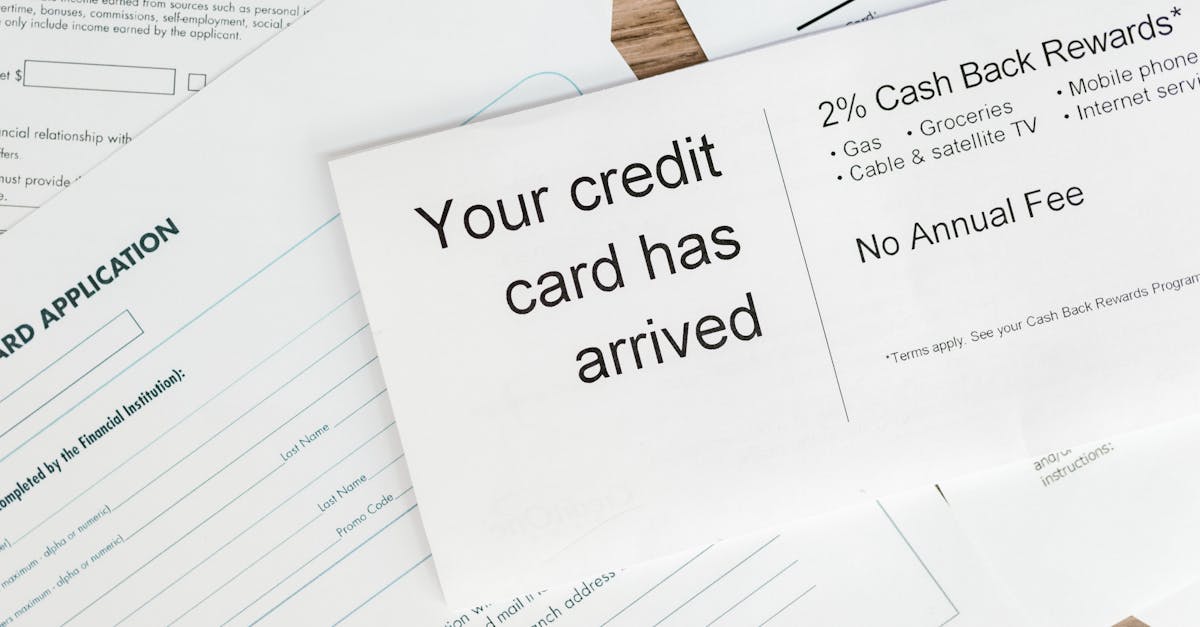Published on:
7 min read
Transform Your Debt: Effective Strategies for Successful Consolidation
Debt can feel overwhelming, but with the right strategies, you can regain control of your finances. In this post, we explore effective debt consolidation techniques to help you manage and alleviate your financial burdens.

Understanding Debt Consolidation
Debt consolidation involves combining multiple debts into a single loan to simplify payments and potentially reduce interest rates. This can be an effective strategy for individuals struggling with high-interest credit cards or multiple loan payments. By consolidating your debts, you might find it easier to keep track of your repayment schedule, and if done correctly, you can save money on interest. There are several types of debt consolidation options available, including personal loans, home equity loans, and balance transfer credit cards. It's crucial to understand the terms of these options and choose one that suits your financial situation.
Creating a Realistic Budget
A well-crafted budget is an essential tool for successful debt consolidation. Begin by assessing your monthly income and expenses to get a clear picture of your financial situation. Identify non-essential spending that can be cut back, allowing you to allocate more funds towards paying off your consolidated debt. Consider using budgeting tools or apps to help you keep track of your progress and adjust your plan as needed. A realistic budget helps to avoid falling back into debt and ensures you stay on track to financial freedom. Remember to include your debt repayment as a priority in your budget to achieve your goals efficiently.
Building an Emergency Fund
While paying off debt is a priority, it's also vital to establish an emergency fund. Unexpected expenses can derail even the best-conceived debt repayment plans. Aim to save at least three to six months' worth of living expenses in a separate, easily accessible account. Having an emergency fund can provide peace of mind, knowing that you are prepared for unforeseen circumstances, which might otherwise push you back into debt. Start small; even setting aside a little each month can accumulate over time. This safety net can be a crucial factor in maintaining your financial health as you work towards consolidating your debt.
Conclusion: Taking Charge of Your Financial Future
Successfully consolidating your debt requires commitment and a strategic approach. By understanding your options, creating a realistic budget, and building an emergency fund, you set yourself up for success. Remember, the goal is not just to manage your current debt but also to build sustainable financial habits that will safeguard against future struggles. Take control of your financial future today!
Published on .
Share now!










